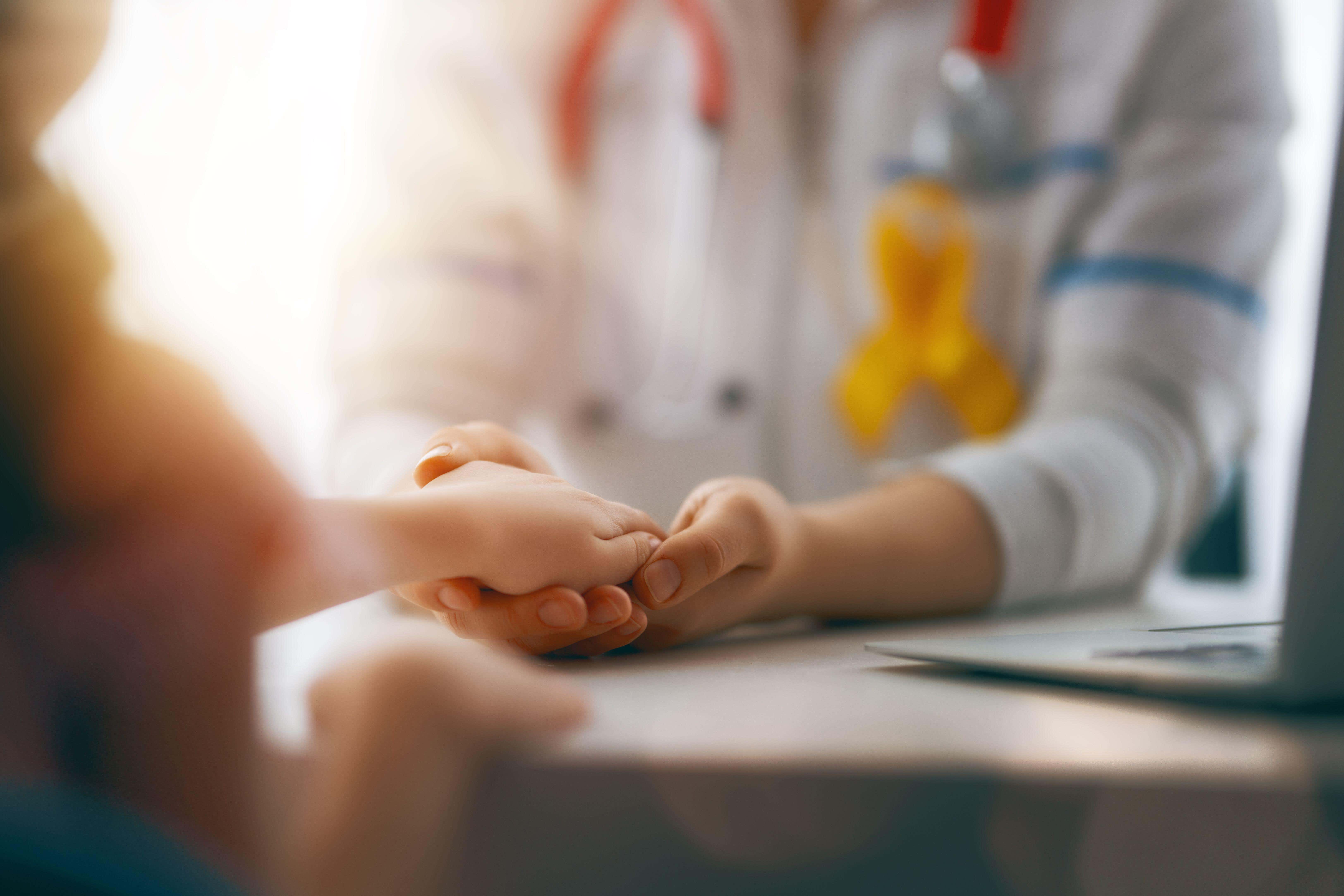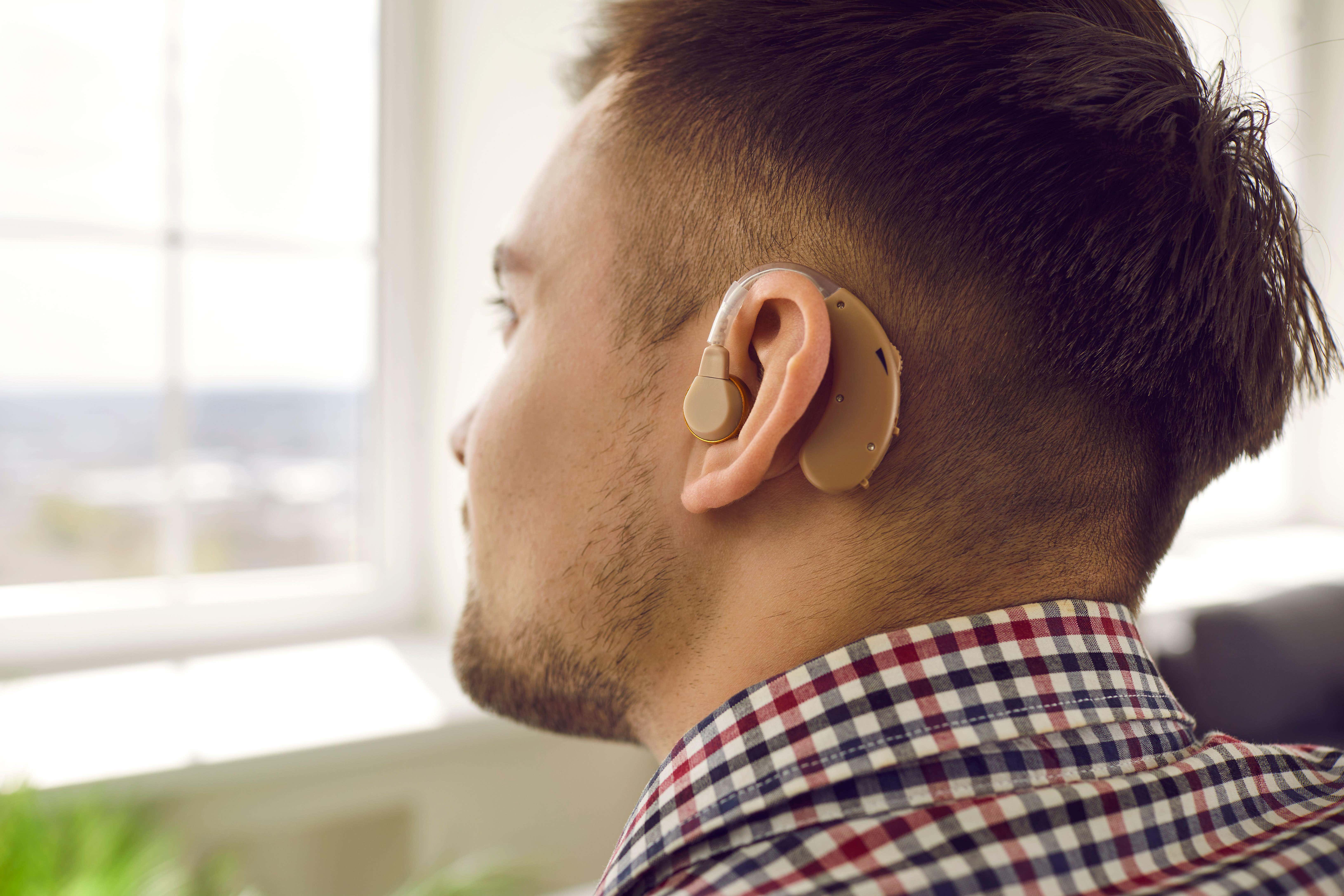Largest study of its kind finds breakthrough in battle against sudden hearing loss
Studies have linked a Covid-19 infection to sudden hearing loss

Your support helps us to tell the story
From reproductive rights to climate change to Big Tech, The Independent is on the ground when the story is developing. Whether it's investigating the financials of Elon Musk's pro-Trump PAC or producing our latest documentary, 'The A Word', which shines a light on the American women fighting for reproductive rights, we know how important it is to parse out the facts from the messaging.
At such a critical moment in US history, we need reporters on the ground. Your donation allows us to keep sending journalists to speak to both sides of the story.
The Independent is trusted by Americans across the entire political spectrum. And unlike many other quality news outlets, we choose not to lock Americans out of our reporting and analysis with paywalls. We believe quality journalism should be available to everyone, paid for by those who can afford it.
Your support makes all the difference.People who experience sudden hearing loss should be treated with steroids within seven days, according to the largest study of its kind.
Every year, thousands of people in the UK are thought to experience sudden hearing loss, with the majority never recovering full hearing.
The condition can affect one or both ears and can happen instantly or sometimes over the course of a few weeks.
According to the National Institute for Health and Care Excellence (Nice), most cases of sudden hearing loss are in one ear, with adults in their 40s and 50s most affected. Anyone with sudden hearing loss should urgently contact NHS 111 or their GP as quick treatment may be needed.
Causes of sudden hearing loss can include ear infections, a physical injury, side effects of medication, non-cancerous tumour, build up of wax, and Meniere’s disease, which affects balance and hearing.
Some studies have also linked a Covid-19 infection to sudden hearing loss.
In the new research, a team from University College London Hospital (UCLH) identified those factors which can lead to full hearing recovery, with the strongest predictor being treatment with steroids within seven days of the condition occurring.
The study on adults included work with 240 junior doctors at 76 hospitals across England and Wales.

Researchers found that patients who received steroids within seven days of sudden hearing loss were five times more likely to fully recover their hearing compared to those who were not given steroids.
The study published in the journal JAMA Otolaryngology – Head & Neck Surgery also found that only about 60% of people are given treatment within a week of experiencing hearing loss.
As part of the study, the team has developed a recovery calculator called Seashel, which medics can use freely online to estimate the chance of patients having full hearing recovery.
At the moment, it remains unclear why some people recover their hearing and others do not, and there is uncertainty over how best to manage these patients.
UCLH ear, nose and throat (ENT) surgeon Nish Mehta, who led the research, said: “Time is of the essence when it comes to restoring hearing after sudden hearing loss.
“It is important that patients who experience a sudden drop in their hearing seek urgent medical attention.
“It is also important that the medical teams who first see these patients either arrange appropriate urgent specialist review or consider steroid treatment if the specialist review is unlikely to occur within the appropriate timeframe.”
Franki Oliver, audiology manager at the hearing loss charity RNID, said: “This research confirms that if you suddenly lose your hearing – either in one or both of your ears – getting treatment quickly is key.
“Sudden hearing loss is not always serious but it could be a medical emergency.
“Getting treatment soon increases your chance of recovering your hearing.
“You should contact your GP or NHS 111 in the first instance, and if you can’t do this you should go to A&E.”
Join our commenting forum
Join thought-provoking conversations, follow other Independent readers and see their replies
Comments